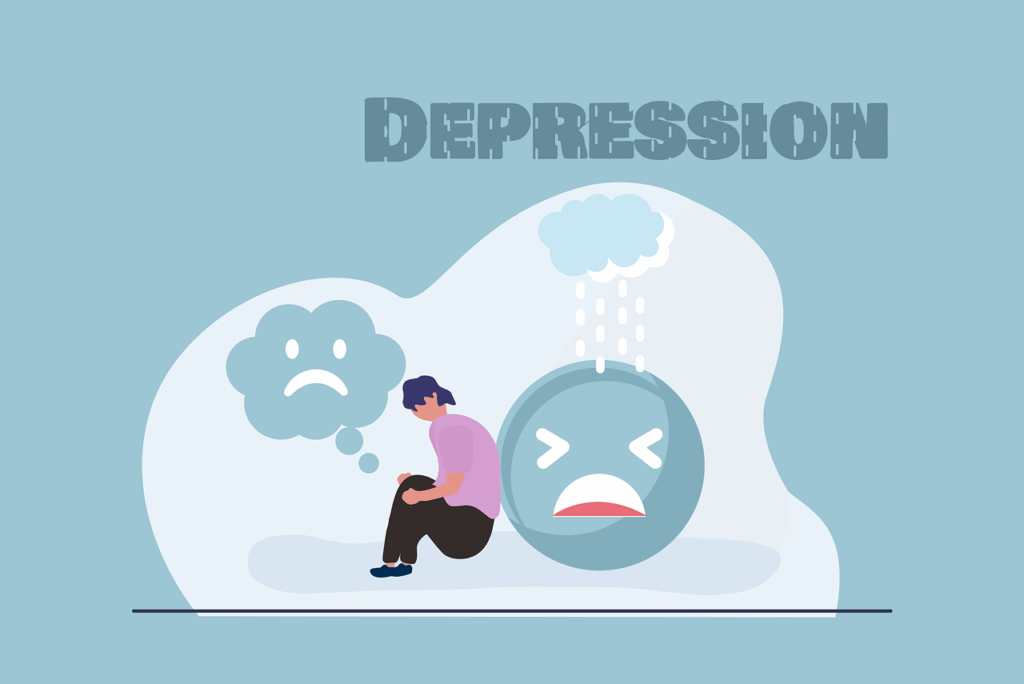There are moments when silence feels easier than truth. We avoid certain talks not because they lack importance, but because they expose our fears and insecurities. Difficult conversations often force us to confront the very things we hide from our vulnerability, mistakes, and desires. Yet, avoiding them only deepens misunderstanding and emotional distance. Learning to face these uncomfortable discussions with honesty can bring healing, understanding, and growth. Here are eight conversations that most of us are too scared to have, but deeply need to.
1. Talking About Mental Health

Opening up about mental health still feels daunting for many. People fear being seen as fragile or flawed when admitting to anxiety, depression, or burnout. Society praises strength but often misunderstands vulnerability, leaving us feeling alone in our struggles. However, discussing mental health builds empathy and reduces shame. Sharing how you truly feel allows others to do the same. It creates an honest space for healing where being open is not weakness but courage, and where connection begins with vulnerability, not perfection.
2. Addressing Relationship Problems

Few conversations test courage like admitting a relationship is in trouble. We fear that bringing up issues might lead to conflict, rejection, or even loss. So we stay quiet, pretending things are fine while resentment slowly grows. But avoiding these talks prevents any chance of resolution. Honest dialogue about what hurts or feels distant can reignite understanding. Speaking from compassion instead of accusation invites cooperation. Love cannot survive on silence; it survives on truth told with care, even when it shakes our comfort.
3. Asking for a Raise

Asking for a raise is one of the most nerve-wracking workplace conversations. Many people hesitate out of fear of seeming demanding or being turned down. Yet, staying silent can keep you undervalued and overlooked. A raise request isn’t confrontation; it’s advocacy for your worth. Preparing your achievements, timing the talk well, and communicating calmly can make a difference. Confidence backed by evidence speaks volumes. When you ask for fair recognition, you’re not just seeking money, you’re affirming your value and self-respect.
4. Confronting Family Expectations

Family expectations can feel like invisible chains. Whether it’s about career, marriage, or lifestyle, breaking from tradition often triggers guilt or conflict. Many people live quietly in compromise to keep peace, sacrificing authenticity for approval. But unspoken resentment erodes love faster than disagreement ever could. Facing this talk honestly can be liberating. It allows both sides to see each other as individuals, not roles. True family connection comes not from obedience, but from mutual respect for each other’s truth.
5. Ending a Friendship

Few things hurt more than realizing a friendship no longer fits. It’s easy to drift away quietly, avoiding the hard talk that brings closure. Yet, endings handled with silence leave confusion and pain. Having the courage to say, “I’ve changed” or “this no longer feels right” honors what once was. Ending a friendship respectfully isn’t betrayal; it’s honesty. It makes room for new connections that align with who you are now, instead of forcing bonds that no longer bring joy or growth.
6. Discussing Death and Dying

Talking about death feels uncomfortable because it reminds us of our fragility. Many avoid the topic, thinking it’s morbid or depressing. But avoiding it doesn’t stop it from coming; it only leaves families unprepared. Discussing our wishes, fears, and beliefs about death brings surprising peace. It allows loved ones to make decisions with clarity and compassion. Conversations about dying are ultimately about life, about how we want to be remembered, and how deeply we wish to love while time still allows.
7. Admitting Personal Mistakes

Admitting mistakes can feel unbearable, especially when pride stands guard. Yet, holding onto denial only deepens regret. Owning up to a failure, whether in work, love, or friendship, shows courage, not weakness. It rebuilds trust and frees you from shame. The key lies in sincerity: acknowledging harm, apologizing without excuses, and learning from it. Accountability doesn’t erase the past, but it transforms it into wisdom. The strongest people are those who can say, “I was wrong,” and grow beyond it.
8. Talking About Money with Loved Ones

Money often hides beneath layers of emotion pride, fear, or guilt. Discussing it with partners or family can stir tension, so many avoid it until a crisis forces the issue. Yet, open financial communication prevents resentment and misunderstanding. Talking honestly about budgets, debts, or goals strengthens trust. It turns money from a silent burden into a shared responsibility. Transparency in finances isn’t about control; it’s about respect, teamwork, and ensuring security for everyone involved. Silence here costs more than money ever could.
Comments